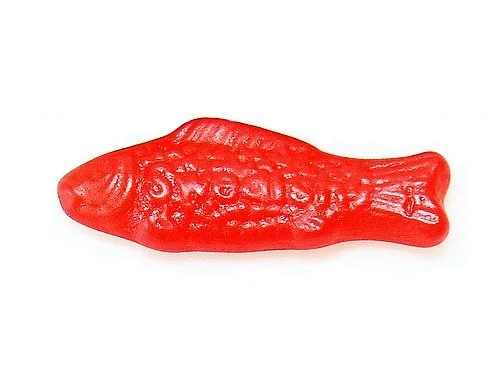My father, now 92 and such a paragon of successful aging that KQED once interviewed him, called me this morning just to yak. After our usual back-and-forth cataloging of birthday parties attended, dinner parties attended, his work and mine, various changes in the weather and kinds of soup each of us happened to be cooking at the moment (short recipes included), he mentioned that last week Russia's Pushkin Museum had sent over a curator to look at all his paintings, particularly his watercolors, and to decide what the museum would be interested in owning.
Seems the new vogue in Russian museum curation is to try to figure out just what the culture lost with the stream of refugees that left before the borders were sealed, in the 1920s. Many never got out. But my father did, no artist yet, just a small, swaddled infant more or less attached to his 23 year-old mother.
And so it is an ironic and a great thing to hear that the Russians are interested in my father's work, and that the Pushkin Museum curator also wants to find a Russian publisher to translate his latest manuscript.
"It's amazing," he said to me this morning, "that these things keep happening at my age. When I look around at other old people, they don't seem to have these opportunities."
Well, I suppose it could be considered a bit strange, to people not in my family, that my father paints seriously, has shows of his paintings, writes books, engages typists, has people running around doing gallery things for him, is married to a much younger architect, converses with agents, worries about editing, and just generally acts like a regular person. My grandmother published a few books after eighty, so I suppose we just take this sort of thing as normal in my family.
He feels lucky about all the attention, but someone needs to tell him it's not luck. It's his willingness to think, to change his mind, to engage-- to keep the focus off of ailments and illness and on art and history and culture. He never says it was better in the old days. He doesn't suffer from mental cataract.
My father has plenty to "be old" about. A few years ago, my sister counted he'd had 23 major surgeries since he was fifty. But, even now, he's just not old. He doesn't have that frail thing going on. I believe that this is because he knows a trick, and it is the same trick I saw Pablo Casals once perform.
Casals came onto the stage stiffly. He sat down slowly, a swarm of helpers scurrying around him adjusting his seat and music stand. He was polite to them, but just seemed tired--not jaded, just tired. Then the prelude started, and when he came in--when he leaned into the cello and started to play--he was suddenly twenty-five. No stiffness, no tiredness, just energy and attention and supple bowing. The music, the concentration, the movement-- it all lifted him out of his body and into a place where tired muscles and old joints play no part.
With all the various things he's battling, my father's in some pain most of the time. This is his variation on the Casals trick: he'll pose himself a hard question about art or about music--some complex thing. If no one's around, he'll write about it, or he'll paint about it. If someone's around, he'll pose it out loud and get the people he's with caught in it. And the next thing you know, through the back and forth of ideas, he's sitting forward, out of the pain, into the world. Out of the brutal and into the human. Like Pablo Casals playing the cello.

